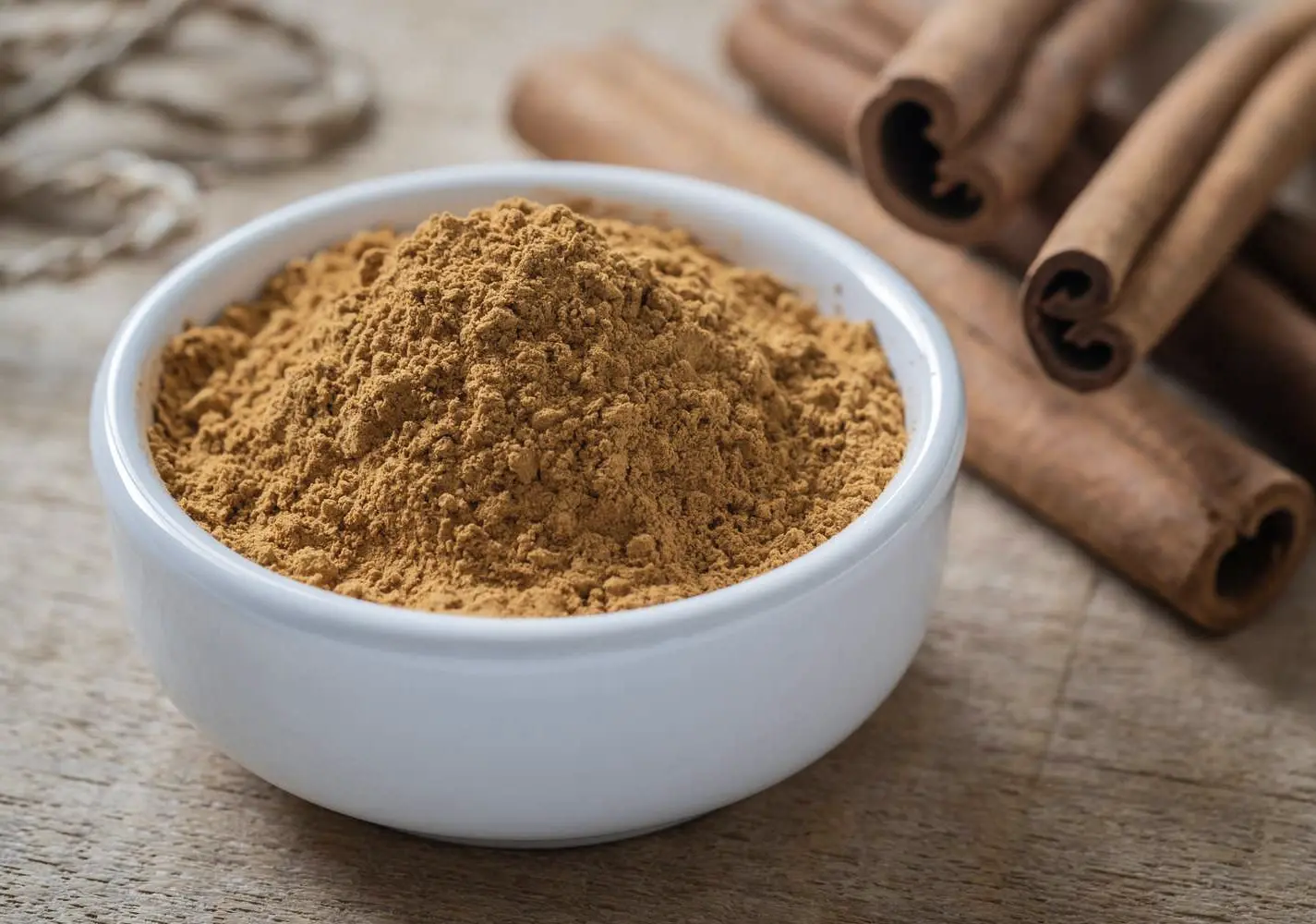Introduction: More Than Just a Wake-Up Call
The first sip hits your lips, bitter yet soothing. That aroma alone feels like a promise—that you’re about to get your head straight and your day moving. But here’s the twist: coffee isn’t only about focus and energy. Your liver, that tireless detox organ working behind the scenes, may actually thrive on your daily brew.
Doctors who study the gut and liver are seeing a pattern: coffee drinkers often have healthier livers. The science? Strong enough that some physicians now recommend it as part of liver-friendly lifestyles. But before you start bragging about your triple espresso habit, let’s break down what really happens when coffee meets your liver.
Coffee’s Chemistry: Why Your Liver Cares
Coffee isn’t just caffeine and comfort. It’s loaded with over 1,000 bioactive compounds—including polyphenols, antioxidants, and diterpenes—that interact with the liver in fascinating ways.
Key Compounds at Work
- Caffeine – boosts metabolism, supports fat breakdown in liver cells.
- Chlorogenic acids – plant-based antioxidants that reduce inflammation and oxidative stress.
- Diterpenes (cafestol, kahweol) – found in unfiltered coffee, can both protect and stress the liver depending on intake.
- Trigonelline – linked to improved glucose metabolism, indirectly protecting the liver.
Think of coffee as a biochemical cocktail, with each sip delivering a hit of protective agents that your liver can actually use.
Coffee & Liver Health: What the Research Shows
Lower Risk of Liver Disease
Multiple studies have found that regular coffee drinkers have a lower risk of chronic liver diseases, including fibrosis and cirrhosis. In fact, a meta-analysis in Alimentary Pharmacology & Therapeuticsrevealed that drinking 2–3 cups per day was associated with up to a 40% reduced risk of cirrhosis.
Guarding Against Liver Cancer
Coffee is also associated with a lower risk of hepatocellular carcinoma, the most common type of liver cancer. The World Health Organizationconcluded that coffee drinking likely protects against this cancer.
Helping in Fatty Liver Disease
Non-alcoholic fatty liver disease (NAFLD) is on the rise globally. Research published in the Journal of Hepatologysuggests that coffee drinkers are less likely to develop severe forms of NAFLD, thanks to its anti-inflammatory properties.
Table: Coffee’s Effects on the Liver
| Coffee Habit | Impact on the Liver | Best Practice |
|---|---|---|
| 1 cup daily | Mild antioxidant boost | Fine, but benefits increase with moderate intake |
| 2–3 cups daily | Reduced risk of fibrosis, cirrhosis, and fatty liver | Often considered the “sweet spot” |
| 4+ cups daily | Greater benefits but risk of jitters, heartburn, or sleep issues | Balance is key—watch caffeine tolerance |
| Unfiltered coffee (French press, espresso) | Higher in diterpenes, may raise cholesterol | Mix with filtered coffee for balance |
| Decaf coffee | Still protective due to polyphenols | Good option if caffeine is an issue |
Does the Type of Coffee Matter?
Yes. Your brewing style isn’t just personal preference—it changes the chemistry.
- Filtered Coffee (drip, pour-over): Keeps diterpenes lower, which can benefit cholesterol levels while still delivering antioxidants.
- Espresso & French Press: Higher in diterpenes, but still protective for the liver if consumed in moderation.
- Instant Coffee: Less potent, but still carries antioxidant perks.
- Decaf: Surprisingly, many of the liver benefits remain, since caffeine isn’t the only active player.
Coffee & Detox: Clearing Up the Myth
You’ve probably heard someone say, “Coffee helps detox the liver.” That’s not exactly true. Your liver doesn’t need a cleanse—it already detoxes your blood around the clock. Coffee doesn’t scrub your liver clean; instead, it reduces inflammation, slows scarring, and supports natural repair processes.
In other words: it’s not a detox drink—it’s more like a bodyguard, keeping your liver cells from unnecessary damage.
The Catch: When Coffee Can Stress the Liver
Before you start chasing your eighth cup, let’s talk balance.
- Excess Caffeine: Too much can raise heart rate, cause anxiety, and interfere with sleep—indirectly stressing your liver.
- Unfiltered Coffee: Overdoing espresso or French press may raise cholesterol, putting indirect strain on liver metabolism.
- Alcohol + Coffee: The classic “espresso martini effect”—fun, but your liver won’t thank you. Coffee can’t undo alcohol’s damage.
Lifestyle Pairings: Coffee + Habits That Boost Liver Health
Coffee may be protective, but it works best when paired with smart habits:
- Eat more fiber: Supports gut-liver health connection.
- Exercise regularly: Improves insulin sensitivity, reducing fatty buildup in the liver.
- Stay hydrated: Coffee is mildly diuretic; balance with water.
- Limit processed foods and sugar: Coffee can’t counteract a poor diet.
(If you’re also curious about foods that protect your liver, check out our guide on nutrient pairing tipsand sweeter fruits health risksfor a balanced perspective.)
Conclusion: Your Daily Brew, Your Daily Shield
Your coffee habit might just be one of the simplest, most enjoyable ways to support your liver. From reducing the risk of cirrhosis to lowering chances of liver cancer, the evidence is striking: regular, moderate coffee drinking is liver-friendly.
So tomorrow morning, when you take that first sip, think of it as more than a wake-up call. It’s a daily shield for one of your body’s hardest-working organs. Stylish, simple, and science-backed.
FAQs
1. How many cups of coffee are best for liver health?
Most studies point to 2–3 cups per day as the sweet spot.
2. Does decaf coffee help the liver too?
Yes. Decaf still contains protective antioxidants that benefit the liver.
3. Can coffee reverse liver damage?
No—but it may slow progression and support natural repair.
4. Is espresso bad for the liver?
Not in moderation. Just be mindful of unfiltered brewing raising cholesterol.
5. Can coffee replace other healthy liver habits?
Definitely not. Coffee works best as part of a balanced lifestyle—paired with good nutrition, exercise, and limited alcohol.
Leave a comment
Your email address will not be published. Required fields are marked *



